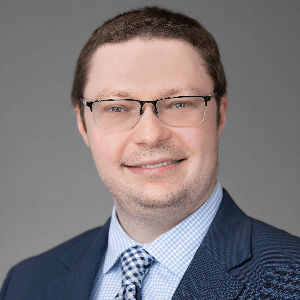Abstract:
Coronavirus disease 2019 (COVID-19), a respiratory illness caused by betacoronavirus SARS-CoV-2, has broad clinical presentations ranging from asymptomatic to fatal outcomes. Due to their immunocompromised status, cancer patients are at an increased risk for severe SARS-CoV-2 infection. Given the diverse clinical presentations, we have developed a model to explain the pathogenesis of severe SARS-CoV-2 and its immunological interplay with cancer. Since SARS-CoV-2 causes multi-organ dysfunction through IL-6-mediated inflammation and hypoxia, while malignancy causes apoptosis through hypoxia-induced cellular metabolic alterations, we propose a mechanism by which both conditions resulted in IL-6 upregulation causing increased cytokine release and systemic injury with clinical trial support. Additionally, we explain the efficacy and therapeutic potential of cellular therapies as a therapeutic intervention against severe SARS-CoV-2 in those with cancer.
Infection with severe SARS-CoV-2 in patients with malignancy results in increased IL-6 production leading to enhanced systemic injury as compared to either alone. Molecularly, this hypoxic interplay results in increased apoptosis, mitochondrial dysfunction and oxidative phosphorylation dysregulation. This results in the propagation of the inflammatory response through increased cytokine production resulting in systemic organ injury especially to the lungs, which can manifest as bronchoconstriction and pulmonary edema.
Given the limited therapeutic interventions for severe COVID-19, especially in those with cancer, we propose the use of cellular therapies that have yielded promising efficacy in COVID-19 patients with severe disease. Mesenchymal stem cells, possesses regenerative, antiviral and immunomodulatory properties that can inhibit viral replication, while dampening the cytokine response with resulting systemic inflammation and injury. Similarily, exosomal vesicles (EVs) can neutralize SARS-CoV-2 viral entry and act as immunomodulators. Their ability to deliver therapeutic cargo enhances the immune response and associated therapeutic interventions against SARS-CoV-2 in immunocompromised individuals. Additionally, EVs possess regenerative potential and stem cell-derived properties that promote angiogenesis and tissue repair, enabling multi-faceted therapeutic effects to neutralize viral replication and systemic injury. Clinically, they demonstrated over 90% overall survival in severe SARS-CoV-2 patients aged 18 or older within a month after treatment, with sustained results for at least six months. Thus, cancer patients can quickly contain SARS-CoV-2 with limited interruptions to their treatment schedule.
Audience Take Away Notes:
• This presentation will feature our cohesive models for the mechanism of action for SARS-CoV-2 followed by the first proposed mechanism to explain the interplay between cancer & severe SARS-CoV-2
• This presentation will explain and highlight the efficacy, supported by clinical trial results, of the most effective therapies against severe SARS-CoV-2
• Novel therapies with multi-disease potential including mesenchymal stem cells and exosomes will be discussed
• This presentation will drive great investment into cellular and immunotherapy research to further finetune their efficacy to treat more disease



